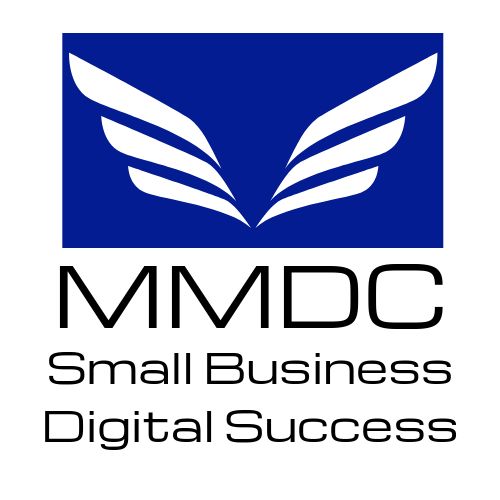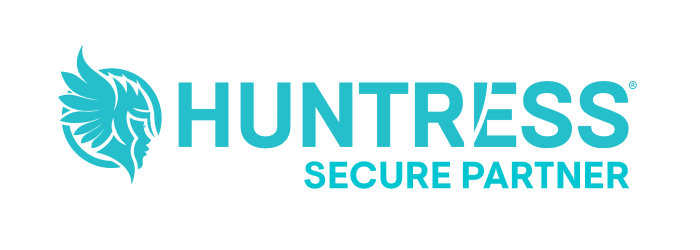Successful Blogging - A Primer
Do's and Don'ts of Successful Blog Writing

The art of blogging has been evolving for years now, and it's not the same online world as it used to be. If you are following outdated rules, you are not going to be doing as well as you could be. If you want your blog to succeed, you should take several factors into consideration: How Often Should I post New Content on My Blog?
One of the biggest questions is about the frequency of posting. Should you be blogging daily or weekly, or should you keep things random? First of all, you need to be consistent. Regardless of your specific time frame, your readers should know when to expect new content. Even if you make an effort to post or tweet every time you add a new blog, people still prefer some routine.
More posts don't necessarily equal more readers and traffic. You have to be more strategic than that. Not everyone's audience is the same so there is no magic frequency that works for everyone. Dome do well with daily, and some popular blogs only post once a month. A weekly blog is a good place to start though. Do a little experimenting with more/less and see how it effects your traffic.
How Long Should My Blog Articles Be?
You shouldn't focus too exclusively on word count, rather cover your topic or state your opinion in however many words it takes. Don't try to drag a short opinion out into a novella, or shrink complex information into a single paragraph. In order to get successfully indexed by search engines, each page should be at least 400 words long. Beyond that, you should consider how long it takes to read rather than the number of words. After 3 or 4 minutes, people can lose interest. If you still have a lot to say, consider breaking your blog up into multiple parts.
Tips for Effective Blog Titles
You never get a second chance to make a first impression, and when it comes to blogs that means you need a title that grabs your reader. Don't resort to the current trend of "click bait", or other sensational and inaccurate headlines to trick your readers. Keep it honest, simple, and helpful. If you can work in important (and relevant) keywords, all the better.
Engage Your Audience, Use Calls For Action
Knowing how to provide what your readers want to see is the key to a great blog. Don't rely on generic trends or your own personal interests. Watch your metrics and see which blogs and topics bring in the most traffic. Encourage comments to get opinions and suggestions from your readers. Listen to emails or questions you get. You'll know soon enough what works best.
Another way to keep in contact with your audience is through email. Yes social media is still a powerful tool, but emails are more direct and keep your message from being diluted due to overcrowded feeds or unexpected changes in ranking algorithms. Have a clear call-to-action on your website that encourages people to subscribe to a regular newsletter that lets them know when you have new content, or other helpful information they can use.












